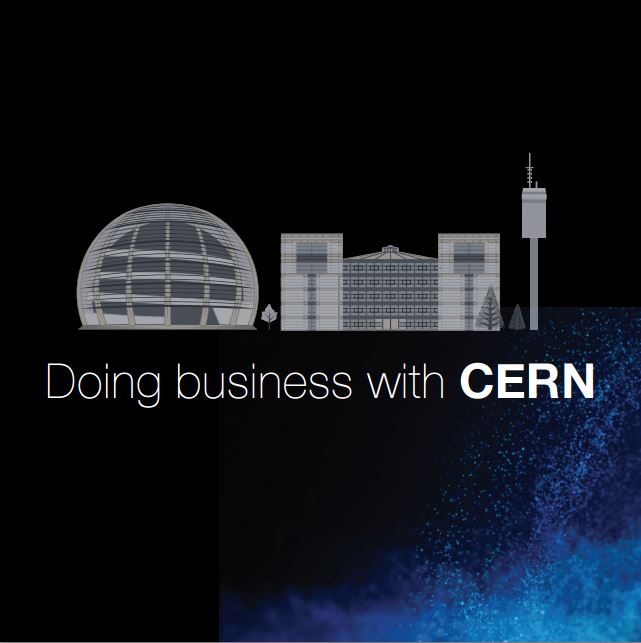Big Science Business Forum 2022: a meeting point between CERN and industry

Photo: Raphaël Bello, CERN's Director for Finance and Human Resources, speaks at the 2022 BSBF forum (Image: CERN)
The second edition of the Big Science Business Forum (BSBF) highlighted the added value for companies of doing business with CERN, from gaining new knowledge to fostering innovation.
Industrial suppliers are crucial to advancing CERN’s scientific mission – half of the Organization’s annual budget returns to industry through procurement. For the 2022–2026 period, marked by the high-luminosity upgrade of the LHC (HL-LHC), CERN plans to spend 2.5 billion Swiss francs on procurement. In doing so, CERN is creating unique opportunities for industry to invest in cutting-edge technology.
The Big Science Business Forum (BSBF) catalyses collaboration with industry. It is a one-stop shop for companies (large and small) interested in providing services and solutions for large scientific organisations like CERN. This year’s edition, held in Granada from 4 to 7 October, brought together 1150 participants from more than 500 organisations and 33 countries. CERN, along with ten of its European counterparts –EMBL, ESA, ESO, ESRF, ESS, European XFEL, F4E, FAIR, ILL and SKAO – presented upcoming procurement opportunities for European companies in fields ranging from superconductivity to cryogenics.
“The expectation for CERN was to meet with potential new suppliers that might have worked with other organisations, but not yet with us. This objective was met: the Forum’s open atmosphere helped establish new connections and enabled discussions on solutions never explored before,” explains Anders Unnervik, Head of the Procurement and Industrial Services group at CERN and a member of the BSBF International Organising Committee. “The added value of working with CERN came up repeatedly during the exchanges with companies. Contracts with CERN are very often related to advanced engineering and state-of-the-art technology. The R&D effort such contracts require challenges companies and expands their know-how. We are looking for those companies that are ready to take up such challenges,” he adds.
The process of value creation through supplying for CERN was illustrated by Sandra Imbach, CEO of IMBACH & CIE AG, a company that has been collaborating with CERN for many years. “We developed forging and ring rolling of aluminium alloys many years ago in cooperation with CERN. Today, it has become one of our core competencies, and business with CERN is still thriving: we recently supplied forged cylinders in a high-strength aluminium alloy for the HL-LHC’s low-beta quadrupole (MQXFB).”
To find out more about CERN’s procurement policy and current opportunities, visit CERN’s procurement website.
CERN technologies and know-how can also help companies take forward ambitious innovation programmes, as described on CERN’s Knowledge Transfer website.

